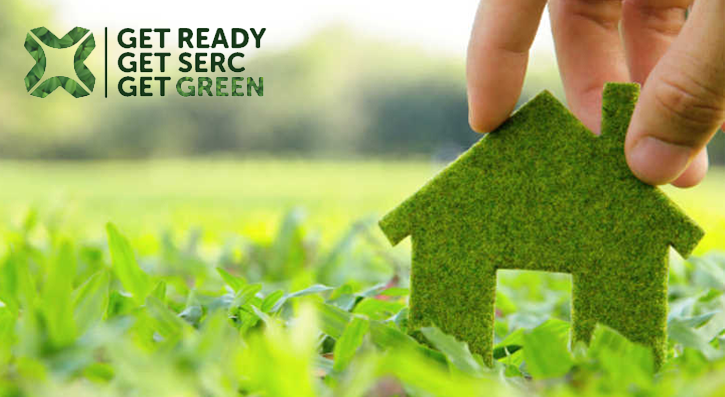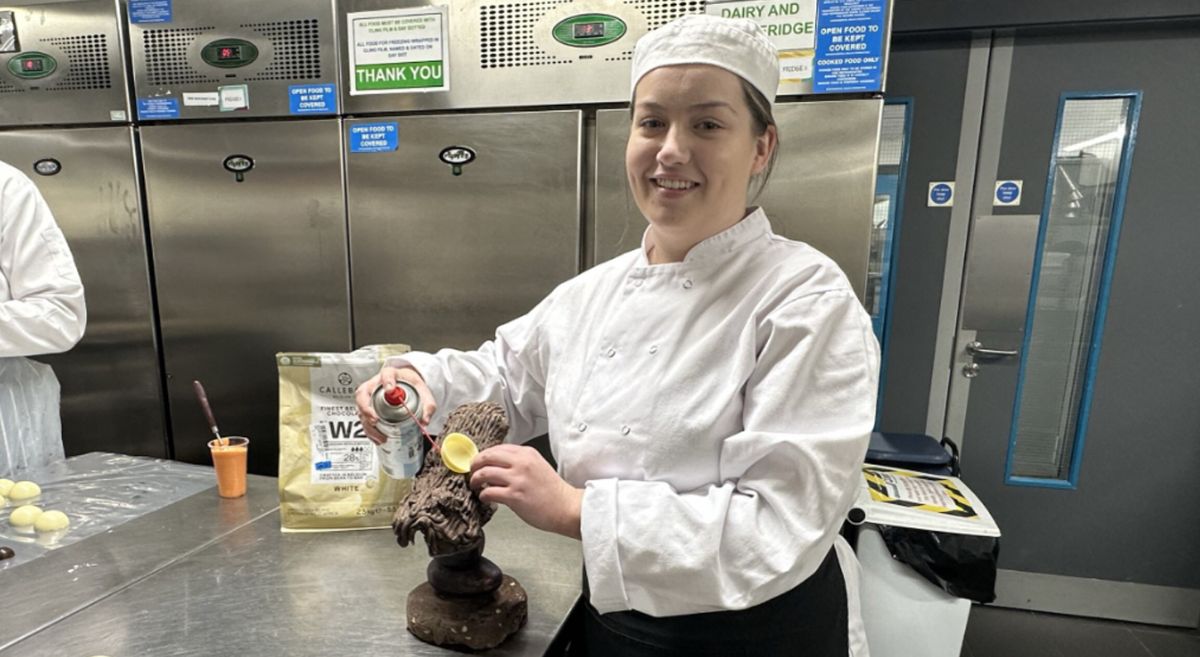Go Green at Home
0 min read
16 April 2020

We all want to keep our world healthy and thriving so below are some ideas for going green at home!
1. Try Meat-Free Mondays
Raising animals for food is much more energy-intensive than growing crops. By switching to plant-based foods for just one day a week, the UK could cut greenhouse gas emissions by up to 8.4%. And the good news is that 42% of UK consumers are already looking into reducing their meat-consumption.
2. Turn it Off
Energy conservation is one of the most important things you can do to reduce your carbon footprint. Switch off lights when you leave the room and turn electricals off at the socket instead of leaving them on standby. By doing the latter, the average household would save between £50-£86 a year on its electricity bill, according to the Energy Saving Trust!
3. Boost Biodiversity
We could write a whole article on this topic (and we will!) but for now here’s a few quick tips to increase biodiversity in your garden at a time when you may be holed up inside for much of the day:
- Create a ‘wild corner’ - an area of land where you leave the grass uncut and allow wild plants to grow. Many ‘weeds’ and wildflowers provide homes for an interesting array of bugs and insects.
- Make a rock pile – a pile of rocks in your garden can help insects flourish.
- Plant native shrubs and trees – these provide habitat for native wildlife such as birds.
4. Switch to LED
Light bulbs Not only do LED bulbs last longer than conventional ones, they’re far more efficient too! Meaning you can save money on your electricity bill while also looking out for the planet! Indeed, on an energy rate of £0.19 per kWh, the LED light bulb would cost £19 over its lifetime, compared to £152 for the conventional incandescent bulb over the same period.
5. Create a Compost Cave
Okay, so maybe it’s more a ‘heap’ than a ‘cave’, but by composting food waste in your garden (if you have one), you can greatly reduce the amount of methane the waste would produce if sent to landfill and also reduce carbon emissions produced by waste collection and transportation. To find out how to compost and what you can compost, click here.
6. Recycle
We all know that we should recycle, and if you already do, then well done Eco-warrior, please move straight to point 9. However, if you don’t, why not? For many of us it can be confusion about what can and can’t be recycled and what goes in each bin. If you’re in any doubt, check out the link to your corresponding council area’s guidance on bins and what you can put in them at the end of this article.
Bins and Recycling Guidance According to Council Area
7. Ditch the Electronics
While it’s unlikely to reverse climate change, spending one hour less each day using electronics can still make a difference. Why not read a book or play a board game instead? Over the coming months, we are likely to be relying on our electronics more than ever to keep in touch, but don’t forget to take a break and get some fresh air once in a while. It’s good for your health as well as the environment.
8. Commit
We all know that urgent action is needed to protect our planet, but the scale of the problem can sometimes seem overwhelming. It can be difficult to make lots of change at once, so why not pick one idea from this list and make a conscious decision to commit. That doesn’t mean you will execute it flawlessly 100% of the time – we’re all human. But by simply making a conscious decision to adopt a new habit and by being clear about your purpose, you’re much more likely to stick with it. Together we can make a difference.
#GoGreen
Latest News
Keep up with the latest from SERC



